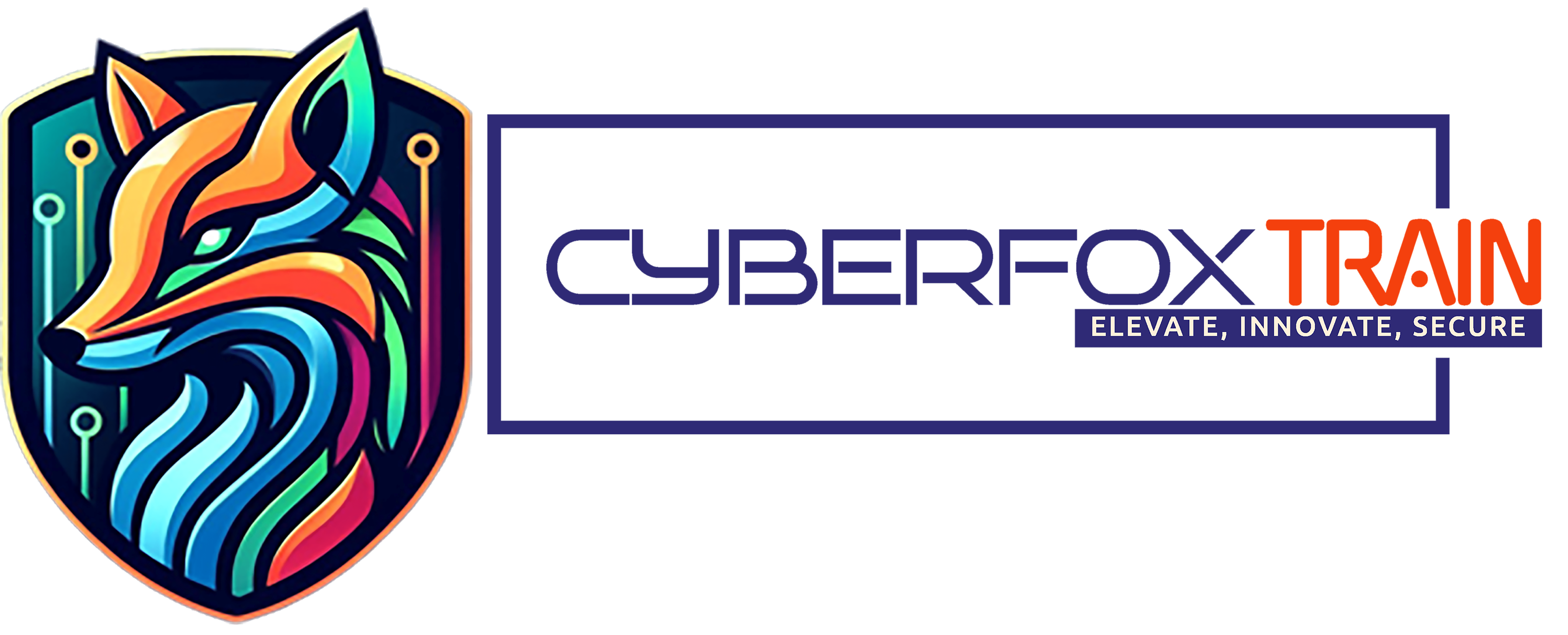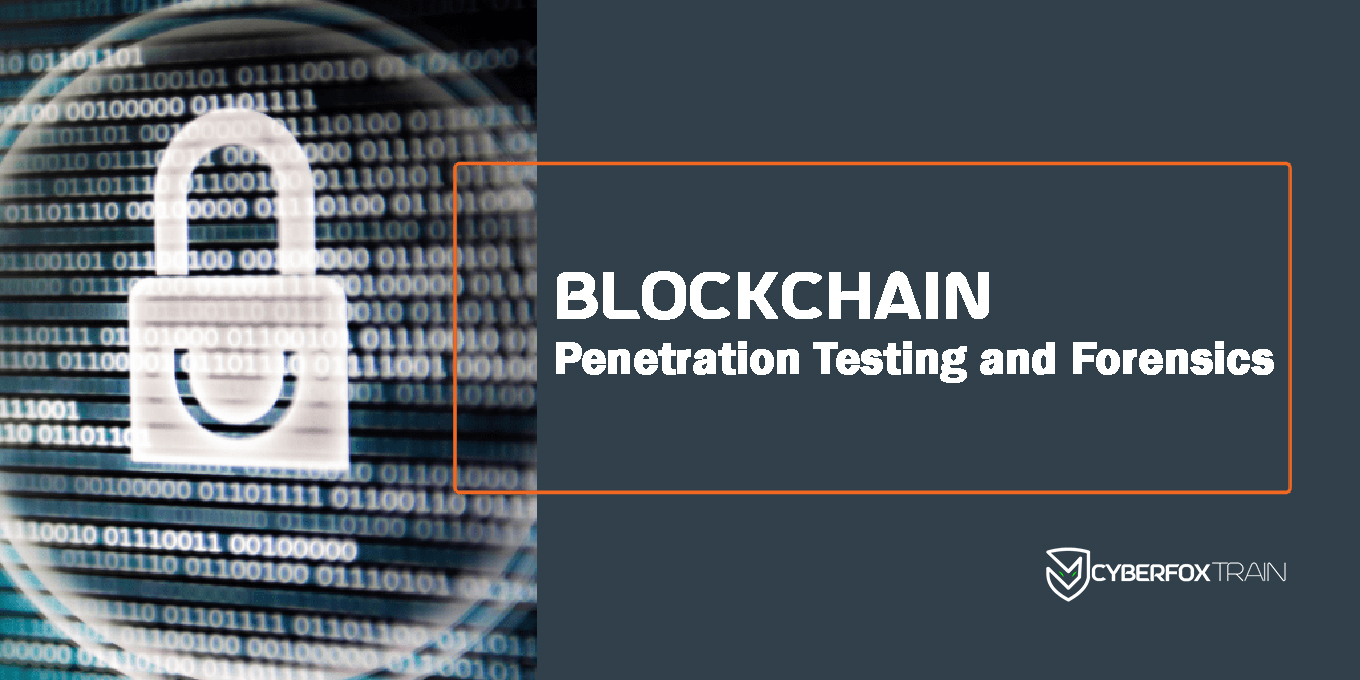The Blockchain Penetration Testing and Forensics Course is a specialized training program that provides participants with in-depth knowledge and practical skills to assess the security of blockchain systems and conduct forensic investigations on blockchain-related incidents. This comprehensive course explores the unique challenges and vulnerabilities present in blockchain technology, equipping learners with advanced penetration testing techniques and forensic analysis methodologies specific to blockchain environments. Participants will gain hands-on experience with blockchain systems, understanding how to identify vulnerabilities, exploit weaknesses, and gather digital evidence for forensic analysis.
Course Objectives:
- Understand the fundamental concepts of blockchain technology and its security implications.
- Learn advanced penetration testing methodologies to identify and exploit vulnerabilities in blockchain systems.
- Explore forensic analysis techniques tailored for blockchain environments.
- Develop skills to gather and analyze digital evidence from blockchain transactions and smart contracts.
- Enhance knowledge of blockchain security best practices and countermeasures.
Target Audience:
- Cybersecurity professionals interested in blockchain security and vulnerability assessment.
- Penetration testers and ethical hackers seeking to expand their expertise into blockchain environments.
- Digital forensics investigators and analysts involved in blockchain-related cases.
- Blockchain developers and administrators looking to understand the security risks associated with their systems.
Prerequisites:
- Solid understanding of cybersecurity concepts and networking protocols.
- Familiarity with Linux operating systems and command-line interfaces.
- Basic knowledge of blockchain fundamentals is beneficial but not mandatory.
Course Content:
Session 1: Introduction to Blockchain Technology
- Overview of blockchain fundamentals and components
- Types of blockchains (public, private, permissioned)
- Understanding blockchain consensus mechanisms
Session 2: Blockchain Security Concepts
- Common security challenges in blockchain systems
- Cryptographic principles in blockchain security
- Smart contract vulnerabilities and auditing
Session 3: Blockchain Penetration Testing Methodology
- Overview of the blockchain penetration testing methodology
- Scoping and rules of engagement for blockchain assessments
- Identifying potential attack vectors and scenarios
Session 4: Testing Blockchain Nodes and Networks
- Assessing blockchain nodes and client applications
- Analyzing blockchain network protocols (P2P, RPC, etc.)
- Exploiting misconfigurations and vulnerabilities
Session 5: Introduction to Blockchain Forensics
- Understanding the importance of blockchain forensics
- Blockchain transaction analysis and attribution
- Blockchain forensic challenges and limitations
Session 6: Analyzing Blockchain Transactions
- Tracing and tracking transactions on the blockchain
- Identifying suspicious or malicious activities
- Analyzing transaction metadata and blockchain explorers
Session 7: Identifying and Analyzing Smart Contract Vulnerabilities
- Identifying vulnerabilities in smart contracts
- Decompiling and analyzing smart contract bytecode
- Detecting and analyzing exploit techniques in smart contracts
Session 8: Blockchain Forensics Lab Exercises
- Hands-on labs for blockchain penetration testing
- Practical exercises for blockchain forensic analysis
- Group discussions and Q&A sessions
Course Features
- Lecture 0
- Quiz 0
- Duration 16 hours
- Skill level All levels
- Language English
- Students 0
- Assessments Yes






